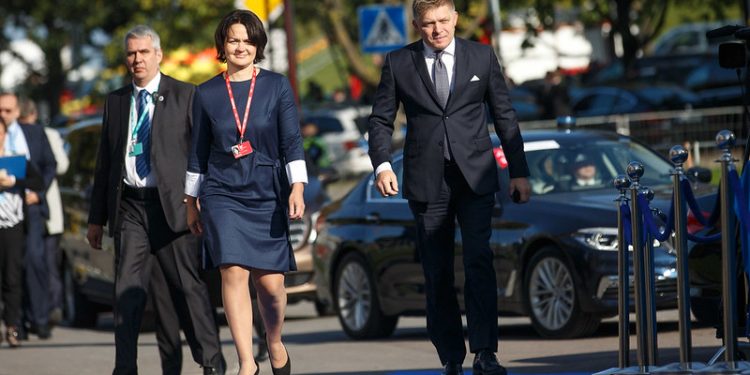The Smer-SD party, led by former prime minister Robert Fico, has won the recent elections in Slovakia and will now be responsible for forming a new government. With 23 percent of the vote, they surpassed the centrist Progressive Slovakia party, which received 18 percent.
Fico emphasized that Slovakia has more pressing issues than Ukraine and expressed his desire for peace talks to prevent further tragedies. During his campaign, he pledged to halt military aid to Ukraine and advocated for improved relations with Russia.
President Zuzana Caputova, a former member of Progressive Slovakia and Fico’s political rival, has stated that she will entrust Fico with the task of forming a new government, adhering to the constitutional tradition.
Some analysts speculate that Fico’s government could potentially adopt a foreign policy similar to that of Hungarian Prime Minister Viktor Orban, who has been criticized by the EU for rule-of-law concerns and hindering efforts to assist Ukraine.
Ordinary citizens in Slovakia are primarily concerned with economic issues and hope that the new government will prioritize addressing the economy and reducing political conflict. While opinions on Fico’s victory vary, many express a desire for change and a departure from the previous government’s inability to effectively govern.
Smer will require coalition partners to secure a majority in the 150-member parliament. Hlas-SD, a breakaway party from Smer, is a potential ally with 27 seats. The nationalist Slovak National Party (SNS) could also join forces with them, as it opposes military aid to Ukraine. Slovakia is known for its significant contributions to Ukraine relative to the size of its economy.
The recent election campaign in Slovakia was marred by high levels of online disinformation, with Progressive Slovakia chairman Michal Simecka being a frequent target. Non-governmental organizations have expressed concern over Fico’s rhetoric concerning the LGBTQ+ community and migrants.
Slovakia’s next parliament will also include the centrist OLaNO party, the Christian Democrats, and the right-wing SaS, as they garnered enough votes to secure seats.
Slovakia gained independence in 1993 following a peaceful split with the Czech Republic. While many citizens have firsthand experience with the communist regime under Moscow’s influence, analysts suggest that some remain susceptible to pro-Kremlin disinformation.

